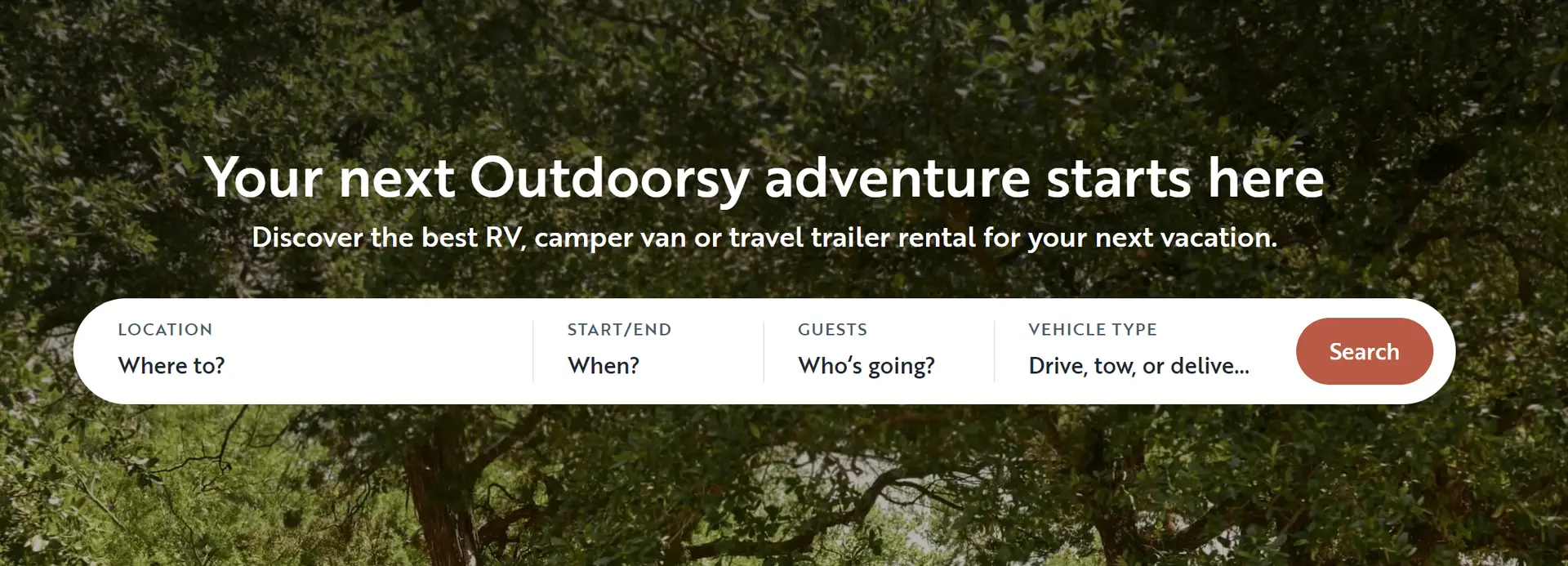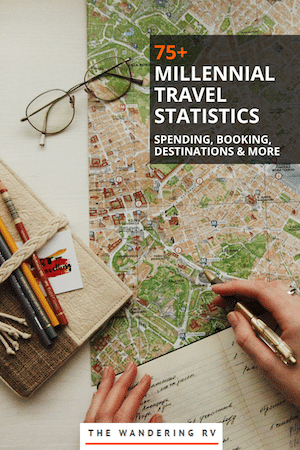
Millennials are the largest generation to date, making up 31.5% of the population at 7.7 billion people.
Amazingly, this generation has an estimated $200 billion of spending power, making them an ideal demographic for travel companies
We compiled all the data available about millennial travel into one easy-to-read report, which you’ll find below. You’ll learn how millennials are changing the way travel works by caring more about solo travel, cultural experiences, planning their own itineraries, ignoring cheap stock photography and relying on influencers and social media to make travel decisions.
And all of this is mainly done on their smart phones, from researching their travels to booking their flights and hotels!
Table of Contents
- Essential Millennials Travel Statistics
- Where Do Millennials Enjoy Traveling?
- How Much Do Millennials Typically Spend Traveling?
- Why Do Millennials Love Traveling So Much?
- What Do Millennial Travelers Prefer: Going with a Group or Solo?
- How Much Influence Does Social Media Have on Millennials’ Travel Decisions?
- How Do Smartphones Help Millennial Travelers?
- Why Do Millennials Travel So Much?
- How Do Millennials Book Their Travel?
- How Do Millennials Make Use of Hotel Bookings and Rewards?
- What Are the Services Younger Generations Want from the Travel Industry?
Essential Millennials Travel Statistics
- The overwhelming majority of millennials—97 percent—share travel experiences on social media. Two-thirds post at least once a day.
- In 2018, millennials spent $200 billion on travel, and 33 percent of millennials budget $5,000+ for vacations.
- Social media has a profound influence on booking choices, with 87 percent of millennials indicating Facebook inspired their booking and over 50 percent stating Pinterest or Twitter influenced their decisions.
- Around 86 percent of millennials chose experiencing a new culture over partying (44 percent) and shopping (28 percent).
- Most millennials traveled during the past year–82 percent, compared with 75 percent of other generations surveyed.
- Upwards of 65 percent of millennials book their travel with a smartphone, and 74 percent use one for travel research.
- Millennials take 69 percent more weekend trips, while only 13 percent of other generations travel over the weekend.
- The average trip taken by millennials was 6.2 days, versus 6.6 days for Gen Z, 6.4 days for Gen X, and 7.8 days for Boomers.
- Over half of millennials–58 percent–lean toward solo travel, and 26 percent have done so.
- Nearly half of millennials with children (44 percent) have traveled together. The majority (62 percent) went with children under five years old.
- On average, millennials take 5.6 tripsannually, compared with 4.4 per year for Gen Z, 4.0 per year for Gen X, and 3.5 per year for Baby Boomers.
Where Do Millennials Enjoy Traveling?
According to world tourism rankings, travel choices generally clustered around these top ten travel destinations regardless of generation in 2018:
- France
- Spain
- United States
- China
- Italy
- Turkey
- Mexico
- Germany
- Thailand
- United Kingdom*
*Notably, the only country whose visitation was down among the top ten.
The Independent cites two groups of top travel destinations for millennials—those trending up, and others trending down.
Millennial Travel Destinations Trending Up
Millennial Travel Destinations Trending Down
Travel to the destinations below has increased for millennials.
- Bora Bora (+24 percent)
- Saint Martin (+21 percent)
- Aspen, Colorado (+18 percent)
- Denpasar, Indonesia (+16 percent)
- Kahului, Hawaii (+16 percent)
- Dublin, Ireland (+13 percent)
Travel to the destinations listed below has fallen for millennials.
- Frankfurt, Germany (-17 percent)
- Managua, Nicaragua (-16 percent)
- Toronto, Canada (-12 percent)
- Santiago, Dominican Republic (-12 percent)
- Bogota, Colombia (-11 percent)
- Mexico City, Mexico (-10 percent)
Some other millennial travel trends worth noting:
- City Breaks–short, often weekend city vacations–increased dramatically (up 82 percent) since 2004. Currently, 22 percent of all global holidays are city break vacations.
- More than 40 percent of millennials plan on visiting a beach resort within the next 12 months.
- Close to 38 percent are planning a city break in a metropolitan city within the next 12 months.
Domestic travel in the US is very different. Domestic destinations are among the vast majority of millennials’ favorite travel destinations (79 percent). However, it’s worth noting that one in three millennials will plan an international trip within the next two years.
In the US, millennials stated their annual travel plans included the following:
- Approximately 51 percent plan to visit domestic and international travel destinations.
- Roughly 42 percent plan for domestic travel only.
- Only 7 percent plan to travel internationally.
Within the next two years, 33 percent of millennials plan on traveling to international destinations.
How Much Do Millennials Typically Spend Traveling?
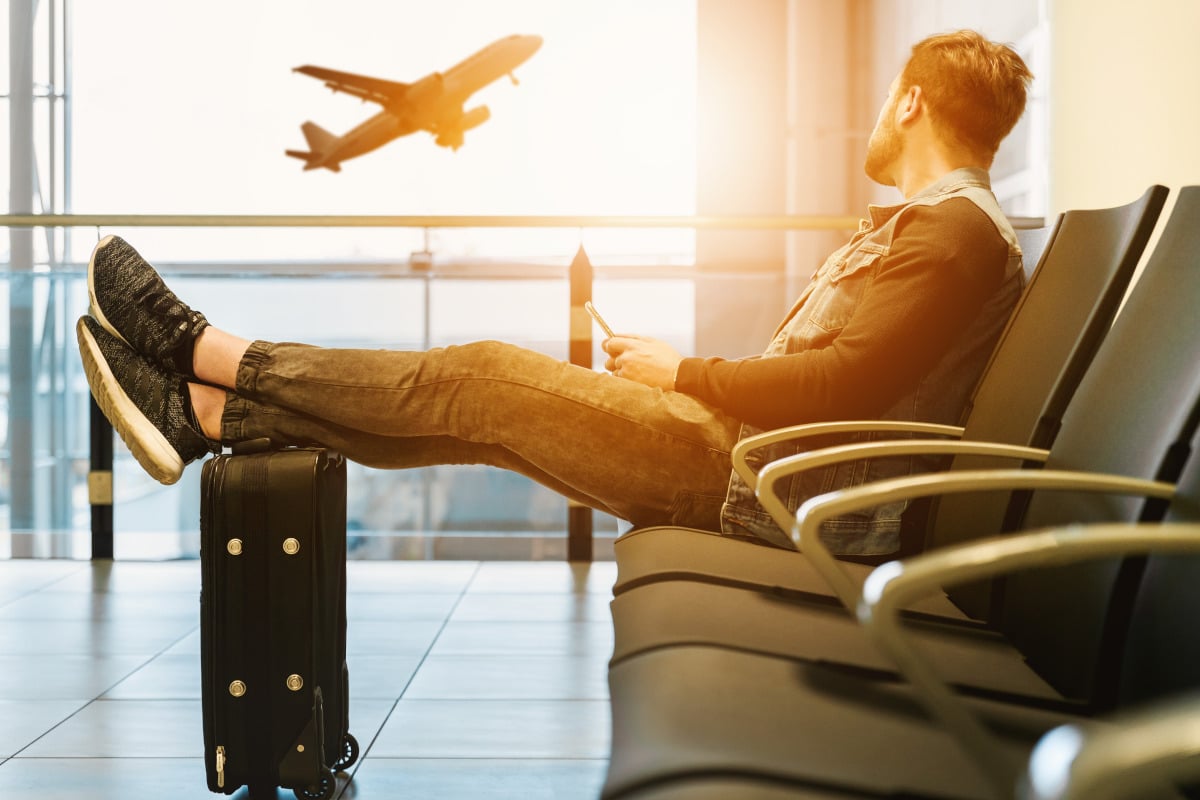
The spending numbers for traveling millennials are substantial. In 2018, US millennials spent a whopping $200 billion. Additionally, millennials increasingly have large travel budgets and are the generation most likely to accrue debt so they can travel.
- Around 33 percent of millennials budget $5,000 or more for their vacations.
- Nearly 72 percent of millennials prefer spending money on travel experiences instead of physical possessions.
- More than half of millennials (55 percent) stated they want to travel more within the next year.
- US millennials spent $1,373 on summer vacations in 2018, on average, excluding airfare.
- 46 percent of millennials upgrade to business class flights, compared to 34 percent of Gen X, and 16 percent of Boomers
Given the upward trends in millennials’ travel, they are a generation worthy of your attention and marketing dollars. Boston Consulting Group cited research indicating that millennials’ spending on business trips is likely to increase to nearly 50 percent of the business air travel market in 2020.
Additional data indicates the overall trend in this generation’s travel increases as they book more trips. You can, then, plan on millennials’ spending to increase as well.
Travel industry data shows 33 percent of millennials have an average travel budget of $5,000 or more. However, despite more frequent travel than other generations, the cost of their average summer vacation was modest at $1,373 (excluding airfare). By contrast, Gen X spends an average of $2,628, and Baby Boomers an average of $1,865 on summer vacations.
Why Do Millennials Love Traveling So Much?
The most recent data indicates Millennials are not stereotypical tourists, preferring experience travel with the desire for cultural immersion and fewer tourist traps.
- More than 78 percent of millennials expect an educational adventure.
- About 60 percent of millennials think having an authentic cultural experience is essential to their trip.
Experiencing new cultures is so important to this generation of travelers that 86 percent chose traveling to a new culture over 44 percent who go to party and 28 percent who travel for shopping.
- Having an authentic cultural experience ranked as the most vital part of their travel experience for 60 percent of millennials.
- Taking an educational trip and learning new things ranked highly among 78 percent.
- Millennials are 13 percent more likely than other generations to seek travel destinations with historical or cultural significance.
- Thrill-seeking millennials are two times as likely to seek out hazardous activities for excitement as other generations.
- Since millennials typically plan their travel, online travel agencies have seen a steep decline in bookings–between 25 and 50 percent over two years.
- More than half of millennials—62 percent—are likely to extend business trips to visit areas or sites of cultural significance.
Travel destinations that wish to capture a segment of the $200 billion annual millennial travel market need cultural experiences, accommodations, dining, and other amenities to draw this increasingly significant segment of the traveling population.
In addition to booking their trips, millennials are increasingly favoring direct accommodation services like Airbnb over traditional forms of lodging. They can travel more because they generally have fewer responsibilities.
What Do Millennial Travelers Prefer: Going with a Group or Solo?
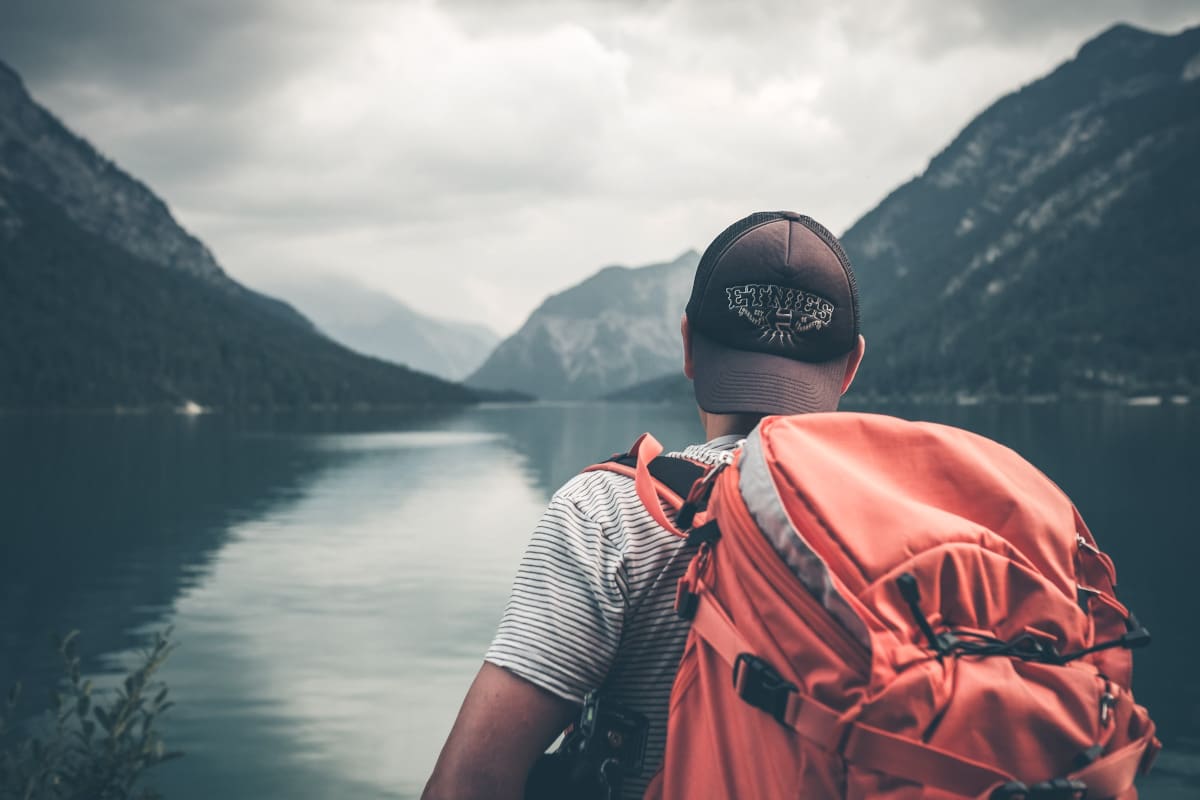
Millennials’ travel preferences depend on the individual, like any generation, but overall the data indicates 58 percent of millennials prefer traveling with friends, compared to 38 percent of other age groups. Interestingly, 58 percent of millennials surveyed also stated they would travel solo. About 26 percent of millennials have already gone alone.
When it comes to women, 26 percent of millennials have traveled solo, and 27 percent have not but would consider it. Data suggests 40 percent of travelers will vacation with friends in the next 12 months. Here are some additional stats regarding millennials’ group traveling habits.
- Nearly 70 percent had more frequent weekend trips, compared to other generations (13 percent).
- Among millennials with children, 44 percent have traveled together with other families, and 60 percent of those were traveling with children under five years old.
- Almost half of all millennials—49 percent—take last-minute trips, while 69 percent regret not taking spur-of-the-moment vacations.
- Three-quarters of millennials want more travel abroad, compared to 52 percent of other generations.
The data indicates this generation’s travel preferences are markedly different than previous generations. Social media is a very influential driver in millennials’ travel choices, which combine wanderlust with a craving for knowledge and an emphasis on experience and exposure to new cultures and ideas.
How Much Influence Does Social Media Have on Millennials’ Travel Decisions?
Social media has a massive influence on millennials’ travel booking habits.
- Almost all millennials (97 percent) share their travel experiences on social media, posting two to three times a day on average while traveling.
- 87 percent seek travel inspiration from travel posts seen on Facebook.
- More than 50 percent find travel inspiration from Pinterest or Twitter.
- Crowd-sourced content like reviews, forums, and comments influences many millennials’ booking decisions (84 percent).
- A significant number of millennials (79 percent) seek the advice of friends about travel destinations and frequently book using these recommendations.
- Upwards of 40 percent of millennials who travel internationally admit they strive to create a curated version of themselves on social media.
Millennials–those born between 1981 and 1996–grew up with the internet and social media as platforms for recording the events of their daily life. The influence of social media, in turn, plays a central role in millennials’ choices.
A vast majority of millennial travelers seek out social media for travel inspiration, research, and ultimately choosing where to travel. Since nearly all millennials post their travel experiences online while on vacation, they further influence their friends’ holiday choices when choosing a vacation destination.
Many progressive vacation destinations have introduced so-called “selfie stations” to encourage travelers to pose for photos and share their experience while also tagging or checking in at the resort or destination on social media. Savvy marketers are finding ways to get social media exposure without even asking or annoying their guests.
How Do Smartphones Help Millennial Travelers?
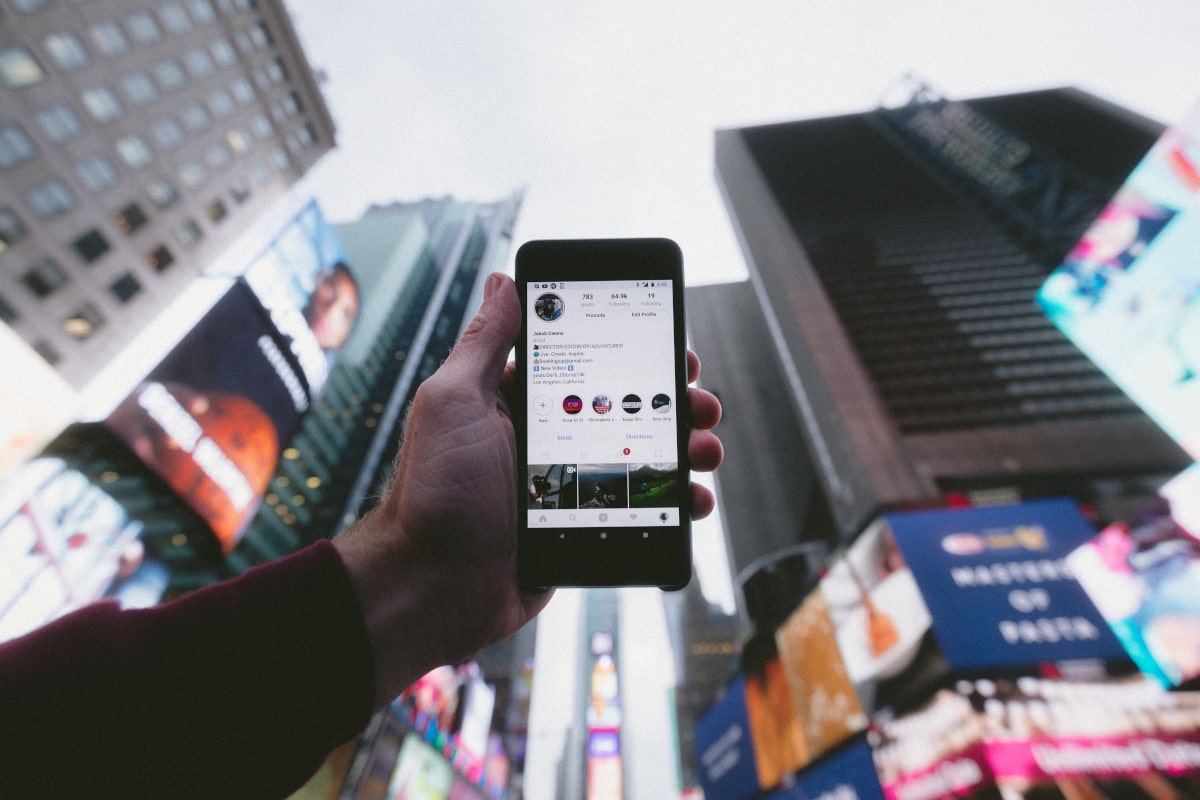
Millennial travelers are very much DIY when it comes to booking their travel using mobile devices and apps.
- The vast majority–86 percent–report a disappointing experience using online travel agents on a mobile device.
- Approximately 75 percent have travel apps installed on their smartphone, compared with 47 percent of other generations.
- 74 percent research their vacation plans using a smartphone.
- Most millennials–66 percent–book travel using their smartphones.
To millennials, a smartphone is an essential tool for planning, researching, booking, and documenting a vacation. This generation grew up using smartphones, so, unsurprisingly, two-thirds of millennials book travel on a smartphone and nearly three-quarters use a smartphone and travel apps to research their trips.
Smartphone apps have also streamlined how we check-in for flights and hotels, navigate in unfamiliar places, book reservations for dining and excursions, and more.
Why Do Millennials Travel So Much?
Data from the travel industry suggests that long-duration travel to a different part of the world increased happiness among survey respondents. The data on millennials indicates:
- More than half–55 percent–travel to relax and escape from ordinary life.
- 50 percent travel to visit other people and 45 percent for family travel.
- Upwards of a third, at 34 percent, travel for a romantic getaway.
- Another 34 percent of millennials say they travel to experience more from life.
- A friendly 23 percent travel to meet and befriend other travelers.
- One quarter–25 percent–of millennial families choose international destinations for their vacations.
- Nearly three-quarters–72 percent–have a specific destination in mind for their dream vacation, planned for the near future.
The pattern that emerged from the data on this question indicates millennials’ vacation planning has three main drivers: destination, trip length, and experiences. A 2017 New Horizons study found a relationship between the frequency of activities and experiences while traveling corresponded to increased happiness. The increase can level off for trips of one month or more in duration.
The destinations that ranked highly on people’s joy index were:
- Indonesia
- Japan
- Mexico
- Peru
Data also suggests that any generation traveling outside their local area is happier than people who only stay close to home.
How Do Millennials Book Their Travel?
Millennials’ booking preferences break down as follows:
- 57 percent use online travel agents.
- 36 percent use hotel websites.
- 32 percent use airline websites.
When it comes to researching their travel plans, millennials use a variety of online sources in addition to social media.
- The vast majority–85 percent–check multiple sites for the best deals before booking.
- 61 percent of millennials scour travel sites, ask booking agents, and check opinion sites when researching their trip.
- More than half of millennials–52 percent–check online reviews, travel websites, and blogs researching their potential destinations.
- 23 percent selected online travel agents because of their user-friendly, secure website design over price.
- 13 percent prefer booking directly instead of using online travel agents due to security concerns.
The millennial generation’s travel choices have an emotional dimension as well as an experiential one. They want validation for their choice of destination from other travelers who’ve been there. More than half of respondents consult with social media, review sites, family, and friends when researching their travel options.
Despite millennials’ preference for DIY sites like Kayak, Expedia, and Booking.com, travel agents are still a profitable business within the industry. Most millennials (61 percent) used both offline and online travel agents to plan their experiential, culturally enriching vacations.
How Do Millennials Make Use of Hotel Bookings and Rewards?
More than half of millennials (58 percent) prefer full-service hotels. Only 11 percent preferred Airbnb and owner direct accommodations. Additionally:
- 13 percent prefer booking directly instead of using online travel agents due to security concerns.
- Social media images of hotels and travel experiences influenced booking choices of 40 percent of millennials.
- 41 percent cited ease of use for joining a loyalty program, and 68 percent remain with programs offering the best rewards.
Major hotel chains have taken notice of the $200 billion annual millennial travel business and have marketed reward or loyalty programs to attract direct bookings from this segment. Three-quarters of patrons remain brand-loyal even with expired points.
With millennial travelers expected to increase business travel spending by 50 percent in 2020, smart hotels and boutique lodging establishments will work aggressively to capture and retain these customers.
Hotels can also benefit from short-duration discounts and flash sales to draw new business by leveraging millennials’ spontaneous nature.
What Are the Services Younger Generations Want from the Travel Industry?
The essential services millennials want from the travel industry include information and conveniences.
- A large portion—68 percent—want to split the cost of booking their travel with others.
- Half of all travelers prefer accessing customer service via instant messaging vs. face-to-face.
- Two-thirds want a service that recommends vacations based on 1) personality and 2) budget.
- Millennials are more willing than other generations to exchange personal information for discounts (16 percent)—more than half (57 percent) would do so if the service included personalized vacation recommendations, advice, and travel tips.
- 60 percent are planning to upgrade their vacation experience.
- Around 36 percent prefer automated check-ins versus 19 percent from older generations.
The key takeaways for marketing to millennials using technology include:
- Social Media: engage with millennials and learn their language, then reflect that in your brand.
- Smartphones: three-quarters use phones for research, 66 percent for booking. However, 86 percent are dissatisfied with the user experience. Nail it with your app to get the best results.
- Rewards: millennials want loyalty programs with VIP upgrades or discounts to keep them coming back – but keep it simple.
- Authenticity: include lots of user-generated content on your website and social media channels.
Other statistic pages:

